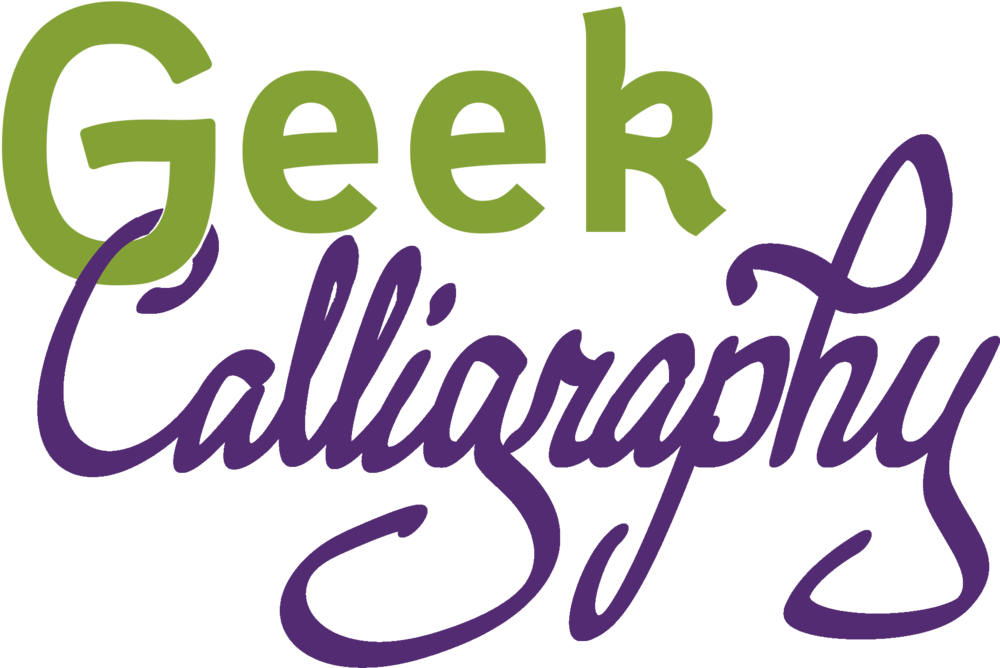by Ariela
I will be at WisCon40 this weekend in Madison, WI! I'm very excited to meet a lot of cool people whom thus far I only know from teh interwebs. There may be some fangirling, too. If you're there, please say hello.
My panel schedule is thus:
Saturday, 10:00-11:15 AM - Creating Your Own Religion
Which SF authors create interesting, believable religions, and which get religion wrong? (What does it mean to "get religion wrong" anyway?) Do made-up religions with intervening gods work better than those without? How can we as writers avoid making mistakes when creating and writing about fictional religions?
Sunday, 4:00-5:15 PM - SFF Where Religion Works
What SFF books depict well the things a religion does in and for society? Examples include Bujold's Chalion, which has actual supernatural miracles and active godly intervention but ALSO priests and faith workers engaging in the world in all the ways religious have done throughout Earth's history. Independent of doctrines on-screen, what authors "get" how religions change a world?
Monday, 10:00-11:15 AM - The Tough Tribute to Fantasyland
Diana Wynne Jones’ Tough Guide to Fantasyland is a fun look at some of the tropes (and clichés) that show up in fantasy stories over and over. The moderator will have a list of some of these tropes and throw them out for panelists to discuss their favorite (or least favorite) examples in fantasy literature over the years.
I will also be showing in the art show, along with a whole bunch of awesome artists. All of our greeting cards will be available, as well as almost all of our art prints, with some con-only specials, too! (No ketubot, because they're enormous, hard to haul around, and I can't guarantee I would be able to fill one in at the Con; but if you're interested, come find me and talk to me!)
Wiscon runs through next Monday, so next week's blog post will go up on Tuesday instead with a post-con report.




